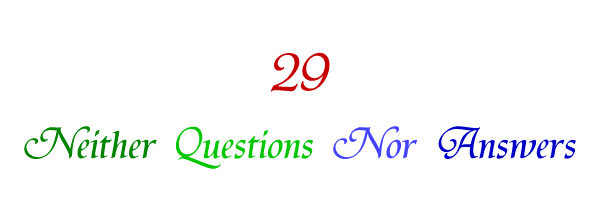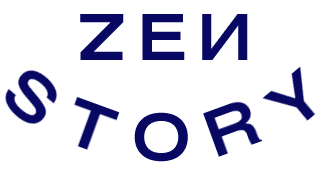
|
A Ch'an master posed a riddle for his disciples to solve: "Two people are walking in a drizzle. Why does the sky not rain on one person?" One disciple said, "One of them must be wearing a raincoat." Another disciple attempted by saying, "It must have been a partial shower One person gets rained on, whereas the other does not."
A third concluded, "The other person must be walking under a roof." The Master finally explained, "All of you are clinging to the point that one person is not getting rained on and are fixated on that point. Thus, you are getting further and further away from the truth. When I asked, 'Why does the sky not rain on one person?' it implies that both people are being rained on!"
(Source: Hsing Yun's Ch'an Talk, Book 1) |









